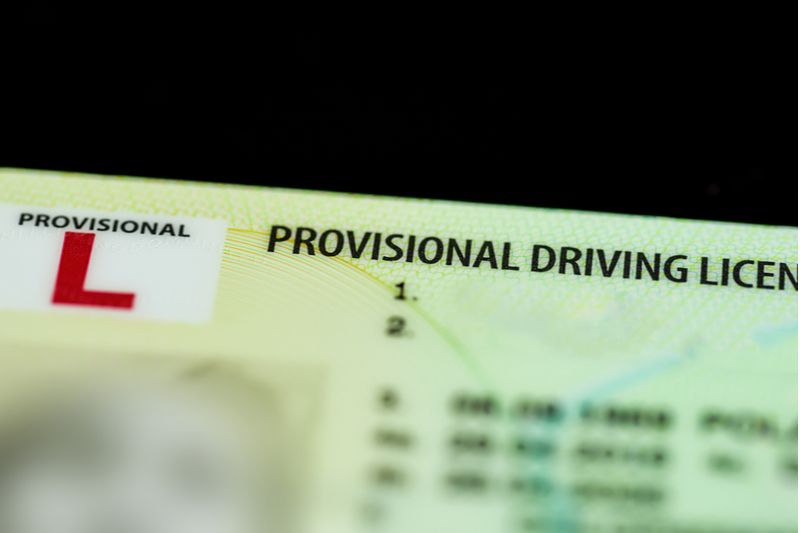10
February 2022
Rise in learner drivers without insurance linked to Covid lockdowns
New figures from the RAC show that 14,618 provisional licence holders were caught driving in 2020 without insurance.
It’s a noticeable increase from the 12,583 prosecuted in 2018, a period which had much higher levels of road traffic. Culprits ranged from as young as 13, with 121 14-year-olds and 215 15-year-olds caught behind the wheel. The data was obtained by the RAC following a freedom of information act request to the DVLA.
The motoring group believe that the spike in prosecutions was due to driving lessons not being allowed during extended periods of the pandemic era. This has led to a huge backlog of learners waiting to take tests, with current waiting times sitting at around 10 months.
RAC Insurance spokesman Simon Williams said: “The fact the number of provisional drivers caught without insurance increased in 2020 may well be a symptom of the onslaught of the pandemic and the impact it had on learning to drive and people’s finances. The shortage of available driving tests due to Covid is also likely to be a significant factor behind the high numbers.
“It’s also the case that younger drivers, who are more likely to have provisional licences, pay a disproportionate amount of tax when they buy car insurance which makes their already expensive policies even harder to afford. Insurance Premium Tax at the current rate of 12% adds a huge £120 to a young driver’s £1,000 annual policy which may be further reason why more so many decide to run the gauntlet of driving with no insurance.”
The data also showed that provisional licence holders account for 14% of the uninsured drivers caught on the road during 2020. This is up by 2% from both 2018 and 2019. They also found that 31% of drivers without insurance also had no licence, a figure 4% higher than 2018. The usage of foreign driving licences also saw a boost from 2018 - an increase of 9%.
All this seems to support the RAC’s theory that the pandemic is responsible for the spike in motoring offences. The current backlog for driving tests could therefore be seen as cause for concern, with longer wait times likely to cause further infringements.





